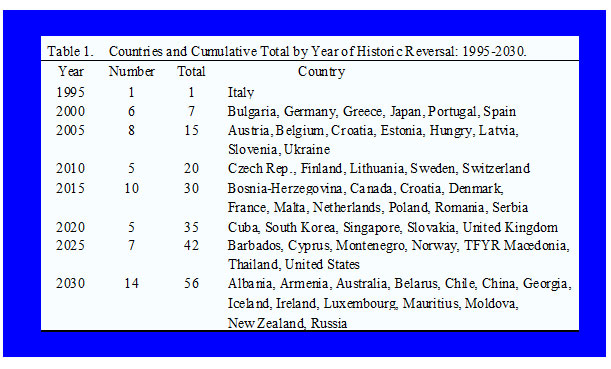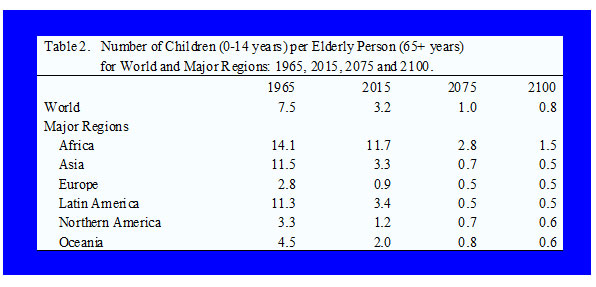I never imagined that something like Syria would unfold in real time, and that we would do nothing other than talk tough about imposing sanctions!
Throughout all these, while ill-informed pundits and politicians have said and written a lot, how many commentaries have you read that were authored by philosophers? If ever we needed somebody to tell us what is right and wrong, and what the moral imperative is, I can't think of a better and more urgent example than Syria and--yet--practically nothing from philosophers in the public space.
The lack of public engagement by philosophers is atrocious. But, easy to understand; After all, philosophers decided that they, too, needed to have their own academic discipline and talk only amongst themselves and by using arcane words that only they would understand. Unlike Socrates, these modern philosophers have essentially told the public to go f*k themselves!
This institutionalization of philosophy made it into a discipline that could be seriously pursued only in an academic setting. This fact represents one of the enduring failures of contemporary philosophy.So, how was philosophy before the philosophers were institutionalized?
Before its migration to the university, philosophy had never had a central home. Philosophers could be found anywhere — serving as diplomats, living off pensions, grinding lenses, as well as within a university.And what happened after the philosophers were institutionalized?
Against the inclinations of Socrates, philosophers became experts like other disciplinary specialists. This occurred even as they taught their students the virtues of Socratic wisdom, which highlights the role of the philosopher as the non-expert, the questioner, the gadfly.What a tragic irony, right, that thanks to such "purification" philosophers have pretty much nothing to contribute to the discussions on one of the most urgent humanitarian crisis of our times!
Philosophy, then, as the French thinker Bruno Latour would have it, was “purified” — separated from society in the process of modernization.
I am not sure if I am supposed to laugh or cry that we are not discussing such matters.
Meanwhile, even as Rome burns, the Republican Party's
Shame on all of us!


